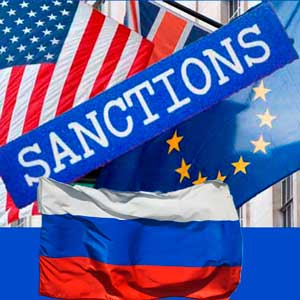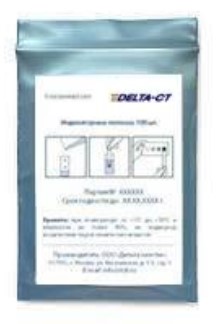Rosbank's profit fell by 75% in 2022

The net profit of Rosbank under IFRS in 2022 amounted to 4.9 billion rubles, having decreased by 75% compared to the result of 2021 (19.6 billion rubles), follows from the message of the credit institution received by RBC.
The group's net interest income reached RUB 53.9 billion. (plus 14%), net fee and commission income - 13.4 billion rubles. (plus 4%). At the same time, the net result of financial operations grew seven times, to 15.7 billion rubles.
“This is trading income in the money market and the capital market,” explained Natalia Voevodina, chairman of the board of Rosbank, at a press conference.
The group's total operating income before provisions reached 84.3 billion rubles, which is a "record high" figure for Rosbank, she said.
Operating expenses of the credit institution for the reporting year increased by 22% to RUB 43.6 billion. At the same time, Rosbank's spending on creating reserves jumped eight and a half times - up to 35.2 billion rubles. against 4.2 billion rubles. in 2021 Vojvodina did not disclose how much of the provisioning charge related to potential loan losses and how much to frozen assets.
Rosbank was previously owned by the French group Societe Generale, but in April 2022 it sold it to Vladimir Potanin's Interros — the company owned the bank until it was sold to the French in the second half of the 2000s. According to Kommersant, the deal went through at a big discount (the price was 0.2–0.3 of the credit institution's capital) and promptly due to the risk of expanding Western sanctions against the billionaire. Now 47.5% of the shares are owned by the Vladimir Potanin charitable foundation, 45% of the shares remained with Interros, and the bank itself bought 7.5% of the shares to dispose of them as part of the employee motivation program (the bank is traded on the Moscow Exchange). After the change of ownership, a change appeared in the bank's KPI, stipulating that it must maintain profit, Voevodina said in an interview with RBC in December last year.
Read pioneerprodukt.by Payroll Requests: Which to Do and Which to Ignore Squads, Tribes, and The Hunger Games: What It's Like to Work at Spotify Shazam Founder:“We received the first profit after 17 years” How Russians can get legal assistance in the EU under sanctionsAt a press conference on March 21, she clarified that Rosbank's financial result for 2022 "allows to pay dividends" and management will recommend this operation, but did not disclose what proportion of net profit will go to reward shareholders. Vojvodina also did not disclose Rosbank's net profit target for 2023, specifying that "growth will not be multiple."
In mid-December, later than many large Russian banks, Rosbank came under US sanctions . At the same time, Rosbank is one of the few banks that disclosed IFRS results after the crisis began (credit institutions now may not do this). In general, the banking sector ended the year with a net profit of 203 billion rubles, although the Central Bank assumed that banks could only "go to zero" at the end of the year after record losses in January-June (1.5 trillion rubles). Sberbank also reported on the results under IFRS - its profit for 2022 fell 4.6 times, to 270.5 billion rubles.
How sanctions affected Rosbank's business
At the end of 2022, the number of corporate clients of Rosbank increased five times, to 50 thousand legal entities, follows from the presentation of the credit institution (RBC has it). Over the same period, the number of SME customers grew 2.4 times to 200,000, and retail users doubled to 3 million.
Falling under US and EU restrictions led to an outflow of corporate clients, Vojvodina admitted, without disclosing specific figures.
“The 2023 budget assumes a certain outflow of international companies that are prohibited from working with sanctioned banks. It really happens. The second topic is sanctions-sensitive Russian clients, there are those too. The rest of the segments are insensitive to such changes with the bank,” she said. She clarified that a sharp decline in the number of customers was observed for three months, since December.
After falling under the sanctions, Rosbank also experienced difficulties in maintaining correspondent relations with banks in some friendly countries.
“There were certain nostro accounts [in friendly currencies] that we lost after being included in the sanctions. It is no secret that the players are afraid of secondary sanctions and we are a difficult partner for them, so we have lost some partners,” Voevodina explained, emphasizing that “the overall scale of opportunities to pay through Rosbank” for clients remains.
At the end of 2022, the total assets of Rosbank remained virtually unchanged and amounted to 1.60 trillion rubles. (plus 1% year on year). The loan portfolio accounts for 59.6% of assets. The volume of loans issued to corporate clients reached RUB 357 billion, having decreased by RUB 1 billion over the year. The retail loan portfolio over the same period grew by 3% to RUB 593 billion.
Funds of individual clients on accounts and deposits with Rosbank increased by 3% in 2022, to RUB 379 billion. The balances on the accounts of legal entities added 8%, reaching 807 billion rubles.




























































